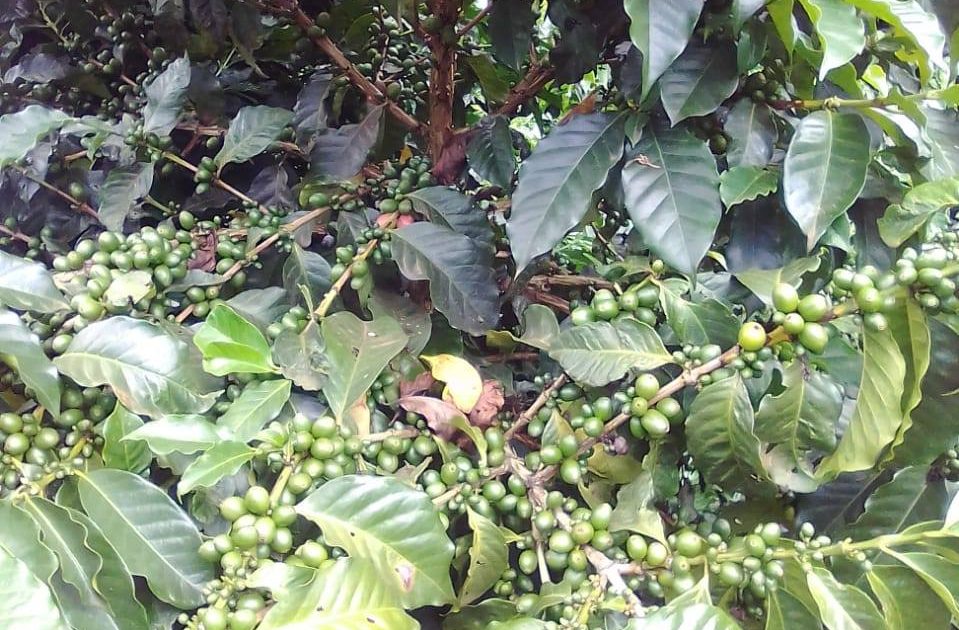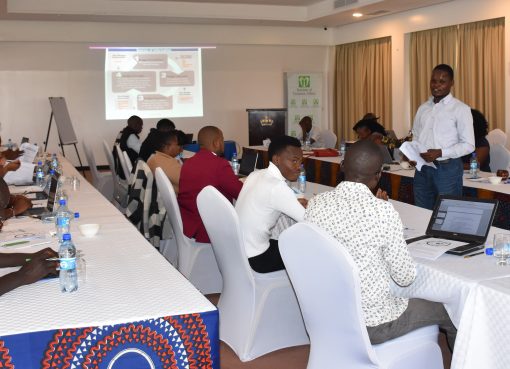Coffee farmers in Murang’a have decried the low international prices of the cash crop occasioned by the COVID-19 pandemic.
The farmers claim that countries that buy their coffee are struggling to fight coronavirus, hence requested the government to come up with measures to cushion them from hardships.
Led by the Chairman of Kagiri Farmers’ Cooperative Society in Kigumo Sub-county, James Kibugu, the farmers observed that in the economic recovery measures being employed by the government, the coffee sub-sector should be considered and given the much-needed support.
Speaking in Kigumo trading centre over the weekend, Kibugu said despite an increase in coffee production this year, marketing of the cash crop has faced numerous challenges that have been posed by Covid-19.
He noted that the Covid-19 pandemic emerged at a time when farmers were harvesting their coffee, thus marketing of the cash crop was affected after some countries banned international flights.
“Countries which buy our coffee, including the USA, UK and Germany are struggling with the coronavirus. Even banning international flights has affected greatly the coffee sub-sector,” said the chairman.
He said with paralyzed flights, transportation of coffee was paralyzed and losses have trickled down to farmers.
Kibugu said the government should fast track the releasing of cherry advance funds so as to cushion farmers from the difficulties times they are currently experiencing.
“There is also some Sh. 1.5 billion which has been given by World Bank and we request the government to hasten giving out the funds to farmers so as they can boost production,” he further said.
He noted that prices of inputs to support coffee farming have gone up and many farmers cannot afford them.
“We want the government to provide subsidized inputs so as to ensure farmers can afford them and boost production of coffee,” he added.
In his cooperative Society, Kibugu highlighted that they have witnessed an increase in coffee production to about 32 percent despite wet weather which affects the flowering of coffee.
On numerous cases of theft of coffee at factories, the chairman said they have partnered with security officers to curb the trend which for many years has left farmers counting losses.
“We have put measures to curb coffee theft which usually happened after farmers deliver their cherry at the factories. This time we don’t want farmers to suffer due to coffee theft,” he noted.
Last harvesting season, five factories were broken into and coffee worth millions of shillings stolen.
By Bernard Munyao





